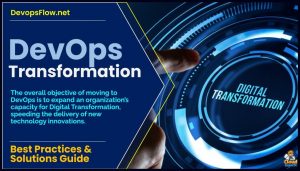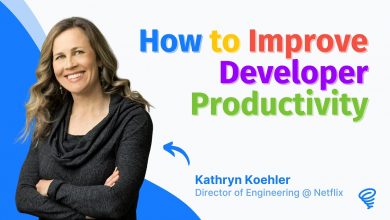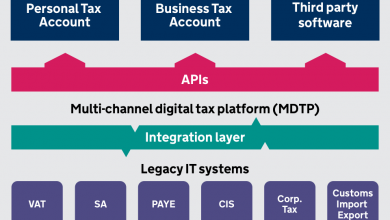Deutsche Telekom: DevOps Practices Are Easy, Changing the Culture is the Tricky Part!
To achieve their goal of becoming the leading Digital Telco Deutsche Telekom undertook a challenge to modernize from monolithic legacy IT to a culture of agile DevOps.
 Speaking at the DevOps Enterprise Summit Deutsche Telekom presented: “DevOps Practices Are Easy, Changing the Culture is the Tricky Part!”
Speaking at the DevOps Enterprise Summit Deutsche Telekom presented: “DevOps Practices Are Easy, Changing the Culture is the Tricky Part!”
The talk was delivered by:
- Sascha Schärich, DevOps Evangelist, Deutsche Telekom IT.
- Örs Cseresnyés, Senior Chapter Coach and Vice President, Deutsche Telekom IT.
In 2017 Deutsche Telekom defined an overall strategic goal, to become the leading Digital Telco, to be achieved and enabled by a modernized enterprise IT strategy. At that time they operated entirely on-premise, monolithic infrastructure and there was no implementation of DevOps practices.
So to begin their transformation they set implementation objectives, such as adopting CI/CD and moving to a Cloud Native architecture and leveraging the hyperscalers. Central to this was the transformation of their culture, where developers would own what they built, who would share what they built and would be proud of their metrics.
They began to pilot team hubs that would embody these new ways of working, and would then be scaled across the enterprise once lessons were learned. These lessons included the challenges of interfacing with the current legacy processes and the lack of centralized CI/CD tools.
By 2019 they were satisfied with the pilots and began rolling out hubs across the organization, with the first step being to address this CI/CD need and so they deployed a central platform for this, and teaching the teams on how to use them.
DevOps Coaching
This exposed the type of cultural challenges they needed to address, where most questions weren’t about the tools but rather cultural and organizational, such as who approves deployments. This rigidity resisted the type of new agile culture they were trying to establish.
To address this they started a DevOps coaching program, supported by the use of the SAFE DevOps Health Radar, to help assess and plan how teams can improve their practices, which encouraged team communications and collaboration, a very popular experience.
Skills-Based Chapters
In 2021 as progress was picking up they established Skills-Based Chapters, communities of practice for particular skills that employees were assigned to, for example DevSecOps. The goal was to push these skills out across the organization, enabled through establishing a single point of contact who was the go to reference for questions on that particular topic.
DevOps Expert Council
In 2022 major challenges arose most notably the Ukraine war, forcing DT to relocate over 1,000 staff, disruptions that threatened to derail the momentum of the DevOps transformation.
To address this the team established the DevOps Expert Council, which connected the senior IT executives with the DevOps program, to cement in the importance and progress of the transformation.
They further enhanced this through an eternal exchange with other enterprise organizations, such as with Lufthansa and Siemens, to encourage shared learning. They also introduced new skill chapters such as one for SRE – Site Reliability Engineering. Both of these kept the learning culture fresh and inviting.
Lastly they have defined and are rolling out a DevOps Maturity Score, formalizing their particular needs for DevOps modernization steps into an assessment and ranking, which is providing a global view of progress across the entire enterprise.



